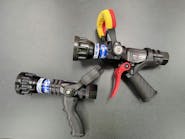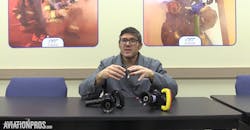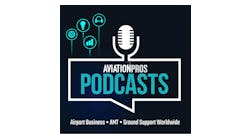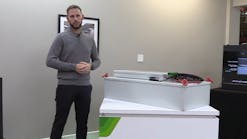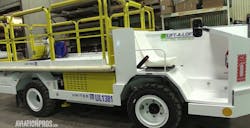Sullivan is the senior air safety investigator for the National Transportation Safety Board office in West Chicago. She's been with the NTSB for 24 years.
After you get a call about an accident, what happens next?
The process varies greatly, depending on the severity of the accident. If there are fatalities involved, our general rule is we will go out on those. If not, we don't travel. We rely on the FAA to be our eyes and ears on those.
Once we get notified, we start gathering whatever evidence is available ... what type of aircraft, any witnesses, circumstances.
Right now, I've probably got at least a dozen cases that I'm working on.
How did you wind up at the NTSB?
I kind of wasn't looking for it. When I started college, I was going to be a special ed teacher. After my first year, I realized I just didn't have it in me to do that. I didn't know what I wanted to do, so I started flipping through the course catalogue. I saw aerospace technology and decided to try it.
[After I graduated] I happened to meet the gentleman who was director of the Chicago [NTSB] office at the time. They had a trainee position open ... and asked if I would be interested in applying for it. Seven months later, they told me I had the job if I wanted it.
What qualifications do you need to do this?
We all have to be commercial, instrument, multi-engine-rated pilots. There are varying flight time requirements, depending on what level you're hired in on. Certainly, having some kind of maintenance background is a big plus. Having a speaking background and knowing computers is also basic.
A big part of your job is going to the scene of accidents where, in many cases, people have died. How do you deal with that?
I don't want to say you become hardened to it. But you have a job to do. The only way you're able to help other people is by doing your job. There are times when it bothers you, but you have to keep pushing through it.
You volunteered to help after the Sept. 11 attacks. What did you do?
I spent time working out at the landfill on Staten Island where they were bringing the wreckage. We were picking through the debris, looking for airplane parts.
It was just overwhelming. Just the enormity of it all and the tragedy was just beyond description.
What do you find most challenging about your job?
Certainly, from a personal standpoint, the being on call. We cover 12 states out of our office. We never know when or where we're going, or how long you're going to be. From the having-a-family standpoint, that gets to be a little difficult at times. But the job is more exciting than challenging.
What's the best part?
Knowing that you've made a difference. When we are able to find things that we can fix ... It's very rewarding. The other rewarding thing for me is just meeting the people I've met through the years, going to little backwoods towns and big cities and meeting absolutely wonderful people.

